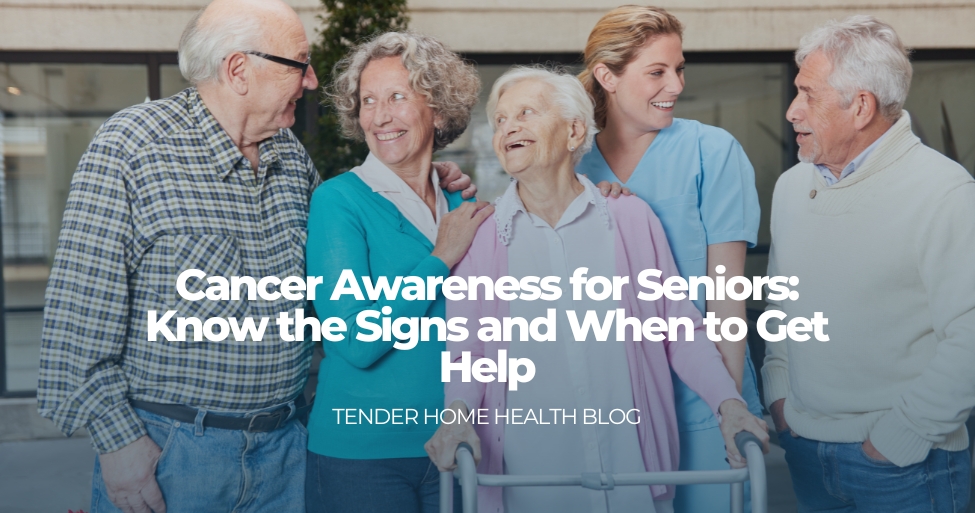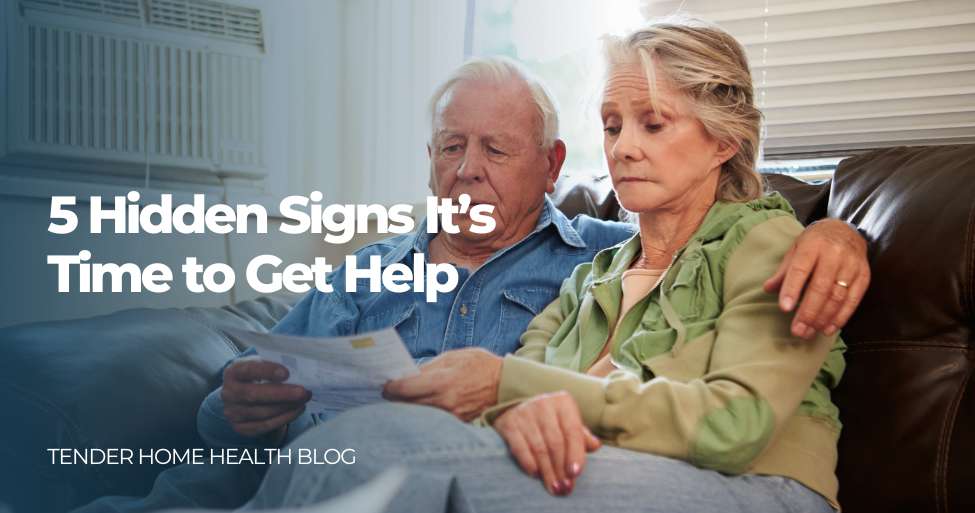October is National Depression Awareness Month. How do you know if you or your loved one may have depression? Does depression look different as you age?
Yes! Depression affects seniors differently than younger people. In seniors, depression often goes along with other medical illnesses and disabilities and lasts longer.
Based on studies of nursing home patients with physical illness, have shown that the presence of depression substantially increases the likelihood of death from those illnesses. Depression also has been linked to an increased risk of death after a heart attack. For that reason, it’s important to make sure that an older adult you are concerned about is evaluated and treated, even if the depression is mild.
Seniors may not have the obvious symptoms of depression. But here are the common symptoms:
- Tired
- Trouble sleeping
- Grumpy or irritable
- Confused
- Struggles to pay attention
- Does not enjoy activities like they use to
- Moves or talks more slowly than usual
- Has a change in weight or appetite (Eating more or less than usual)
- Feels hopeless, worthlessness, guilty or helplessness
- Aches and pains
- Has suicidal thoughts
If you or your loved one have signs and symptoms and they last for more than two weeks, talk to your Doctor.




